Every now and then it’s a good idea to reflect on virtues. Virtues don’t get enough play in our society these days. More often, we hear of taking care of ourselves, doing whatever makes us happy, that kind of thing. The virtues definitely counsel against that kind of self-absorption, but frankly, the virtues lead to greater happiness in the long run.
You’ve heard of the deadly sins. They are those sins that can really get at us time and time again in our lives and turn us away from God. They are things like lust, gluttony, greed, sloth, wrath, envy, and pride. But for each of those deadly sins, there is also a life-giving virtue. Today, our readings focus on humility, which is the life-giving virtue that is the antidote to pride. Of the seven deadly sins, pride is usually considered to be the original and the most serious of the sins. Pride was the sin that caused the angel Lucifer to fall from grace. Pride was the sin that caused our first parents to reach for the forbidden fruit that was beyond them, all in an attempt to know everything God does. A good examination of conscience would probably convince all of us that we indulge in pride from time to time, and sometimes even pervasively, in our own lives. It’s what causes us to compare ourselves to others, to try to solve all our problems in ways that don’t include God, to be angry when everything does not go the way we would have it. Pride is the deadly sin that often-times is the gateway to other sins like judging others, self-righteousness, and sarcasm. Pride, as the saying goes, and as Lucifer found out, doth indeed go before the fall, and when that happens in a person’s life, if it doesn’t break them in a way that convinces them of their need for God, will very often send them into a tailspin of despair. Pride is a particularly ugly thing.
Humility, then, can be the answer to that particularly pernicious sin. The wisdom writer Sirach, in our first reading, advises us to conduct our affairs with humility: “Humble yourself the more, the greater you are, and you will find favor with God.” But when we think about humility, maybe we associate that with a kind of “wimpiness.” When you think about humble people, perhaps you imagine breast-beating, pious souls who allow themselves to be the doormats for the more aggressive and ambitious. Humble people, we tend to think, don’t buck the system, they just say their prayers, accept whatever life throws at them, and, when they are inflicted with pain and suffering, they just “offer it up.” (Not that offering up our sufferings is a bad thing, mind you.)
But Jesus described himself as “humble of heart,” and I dare say we wouldn’t think of him as such a pushover. He, of all people, took every occasion to buck the system and chastise the rich and powerful. He never just let things go or avoided confrontation. Confrontation was at the core of what he came to do. But he was indeed humble, humbling himself to become human like the rest of us, when he could easily have clung to his glory as God. He was strong enough to call us all, in the strongest of terms, to examine our lives and reform our attitudes, but humble enough to die for our sins.
And so it is this humble Jesus who speaks up and challenges his hearers to adopt lives of humility in today’s gospel reading. One wonders why the “leading Pharisee” even invited Jesus to the banquet. If we’ve been paying attention to the story so far, we know that the Pharisee had ulterior motives; he was certainly looking to catch Jesus in an embarrassing situation. But Jesus isn’t playing along with all that. In fact, one can certainly taste the disgust he has for what he sees going on at the banquet.
In our day, banquets are usually put together with thoughtfulness and with a mind toward making one’s guests feel comfortable. If you’ve been involved in a wedding, you know that the hosts try to seat people with those of like mind, with people who might have common experiences. It’s enough to drive a host to distraction, sometimes, because it is such hard work. But in Jesus’ day, the customs were even more rigid. People were seated in terms of their importance, and at this banquet, Jesus watched people try to assert how important they were by the places they took at table. This was all an exercise in pride, and it seems that Jesus was repulsed by it. So he tells them the parable that exhorts them to humble themselves and take the lowest place instead: far better to be asked to come to a more important place than to be sent down to a lower place and face embarrassment.
But there was another aspect of pride taking place here as well. The “leading Pharisee” had obviously invited people who were important enough to repay the favor some day – with one obvious exception – Jesus was decidedly not in a position to do so, at least not in this life. So he tells his host a parable also, exhorting him to humble himself and invite not those who are in a position to repay his generosity, but instead he should invite “he poor, the crippled, the lame, the blind” – and know that because they cannot repay him, he would be repaid at the banquet of the righteous in heaven.
We don’t know how the guests or the host responded to Jesus’ exhortation to practice humility. We do, however, know that Jesus modeled it in his own life. Indeed, he was not asking them to do something he was unwilling to do himself. When he said, “For every one who exalts himself will be humbled, but the one who humbles himself will be exalted” he was in a way foreshadowing what would happen to him. Humbling himself to take up our cross – our cross – he would be exalted in the glory of the resurrection.
The good news is that glory can be ours too, if we would humble ourselves and lay down our lives for others. If we stop treating the people in our lives as stepping-stones to something better, we might reach something better than we can find on our own. If we humble ourselves to feed the poor and needy, to reach out to the marginalized and forgotten, we might be more open to the grace our Lord has in store for us in the kingdom of heaven.
Life has a way of teaching us humility, which is sometimes hard, but it’s good if we accept it. As you might know, my mother has been ill with various things over the last couple of years. Lately, she has needed more help at home, and my sisters and I have been taking turns to be there for her and with her so that she is safe and comfortable at home. As you can imagine, Mom, who has always been the one who helped us figure everything out in our lives, had to embrace the humility of letting her children care for her. She is totally in her right frame of mind, it’s just that her body is betraying her, and that’s hard for a person who has always been strong. But I have seen her accept the help we have offered in love, and it’s had an impact on me, I who also have a tendency to want to take care of everything myself. Just ask my staff! This humility that we have been learning through all of this has helped me to love my mother, my sisters, myself, and God so much more. There is grace in embracing humility, and Jesus promises us that today.
For everyone who exalts himself will be humbled,
but the one who humbles himself will be exalted.
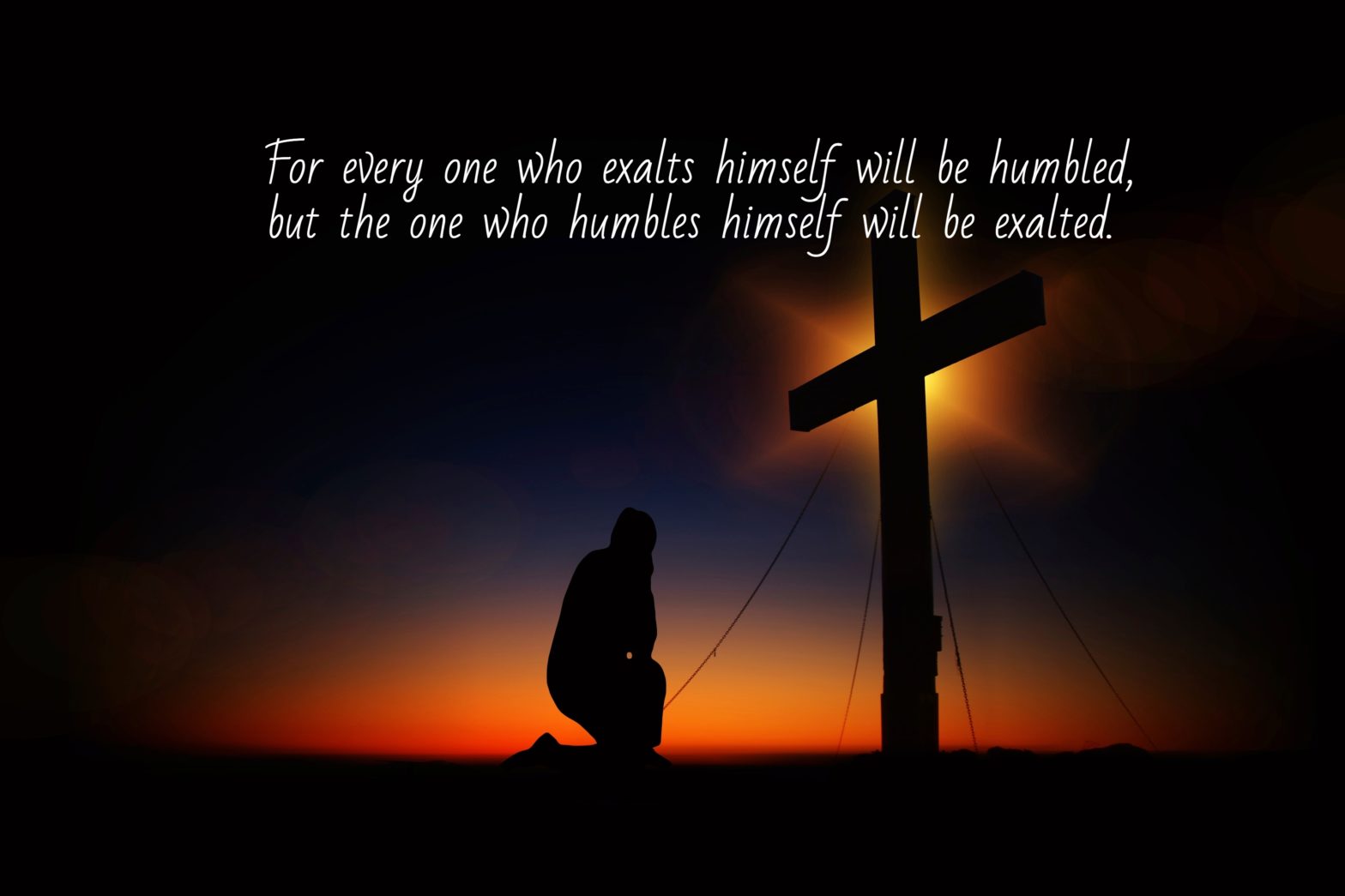

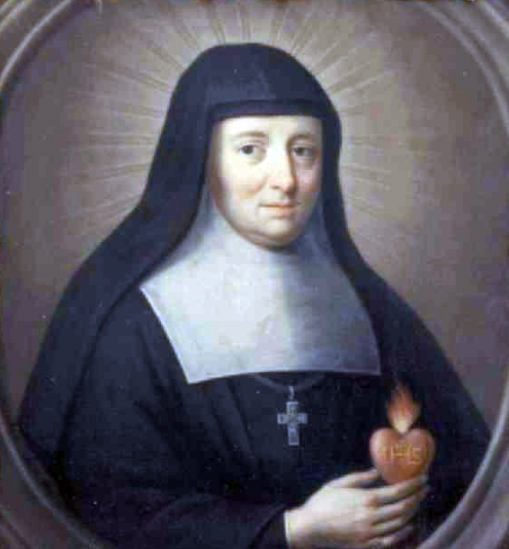
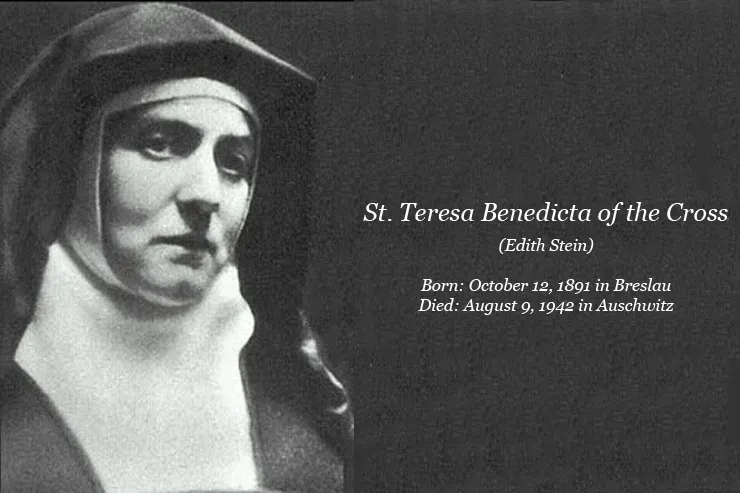
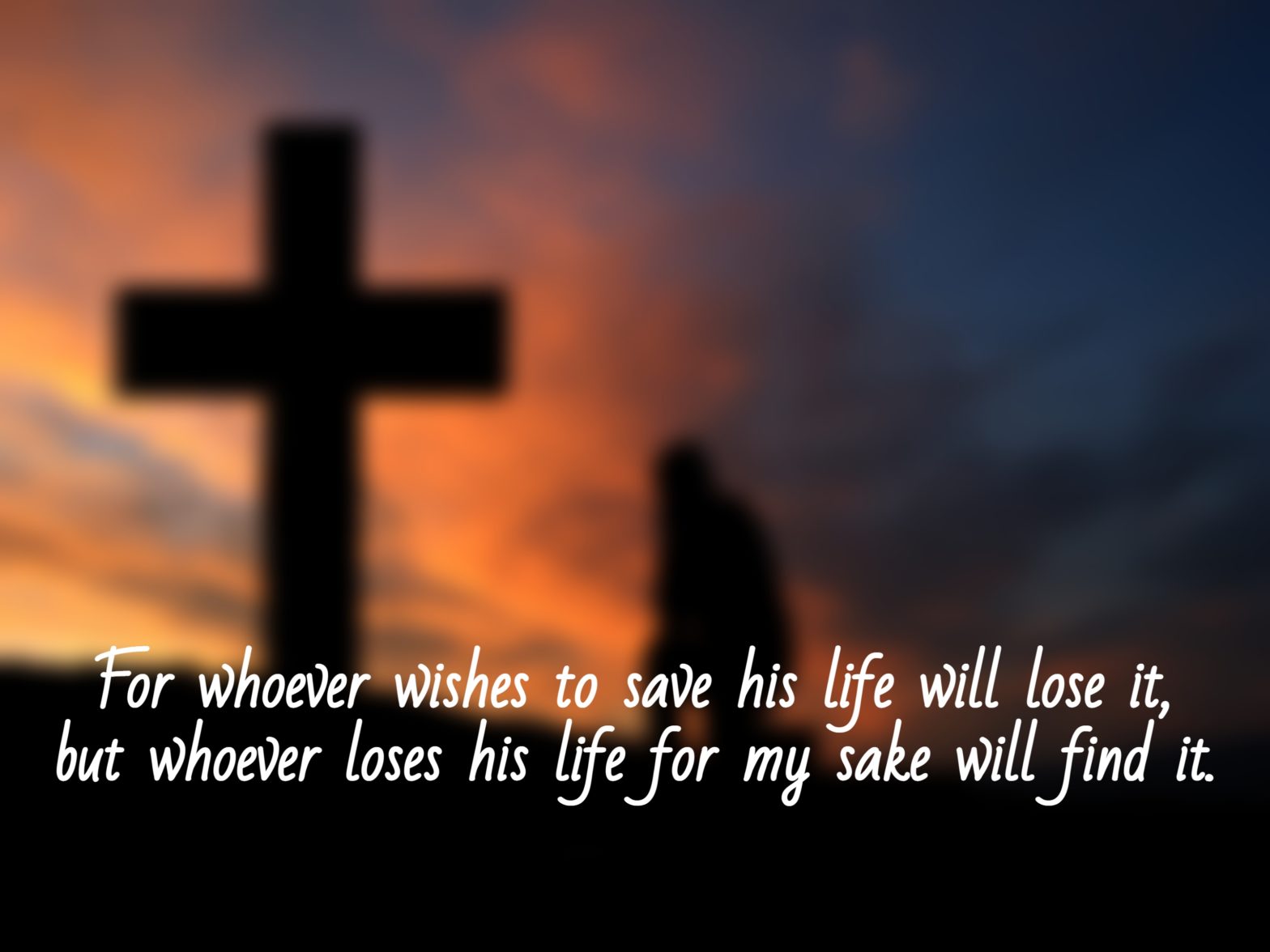

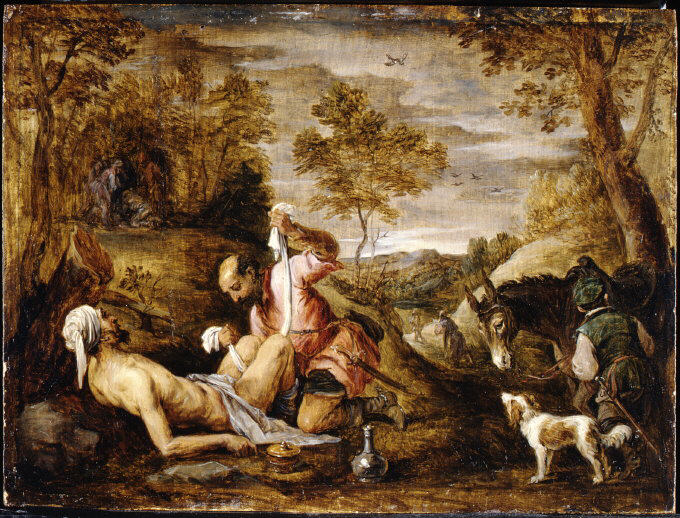

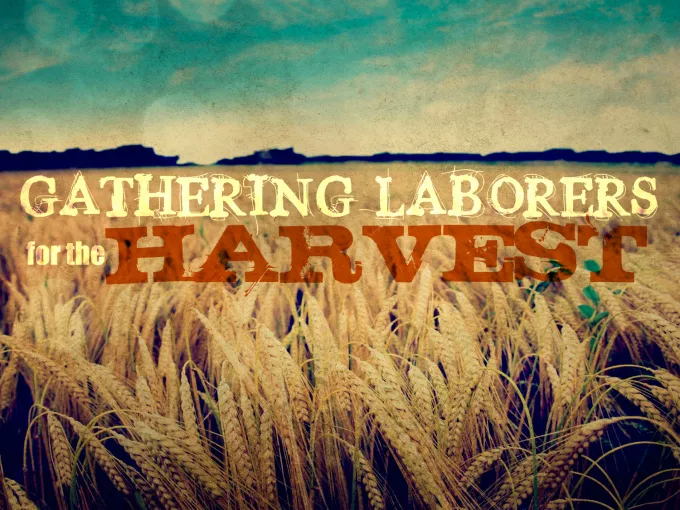
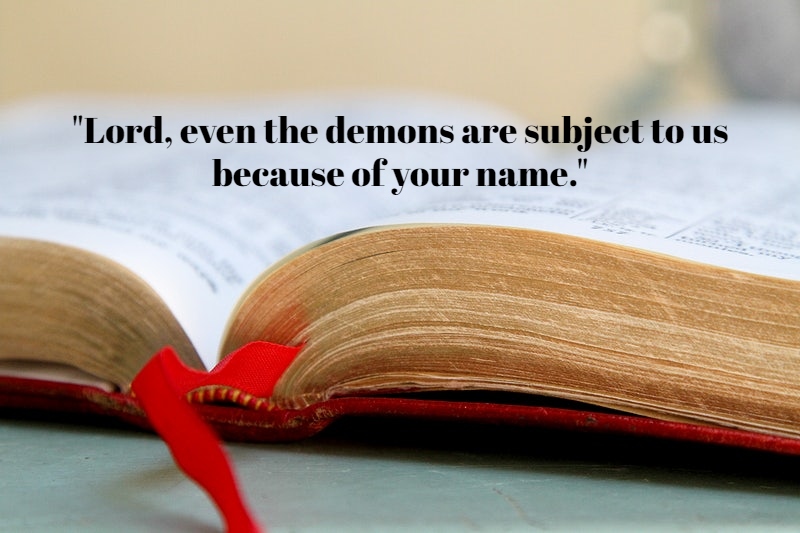
You must be logged in to post a comment.